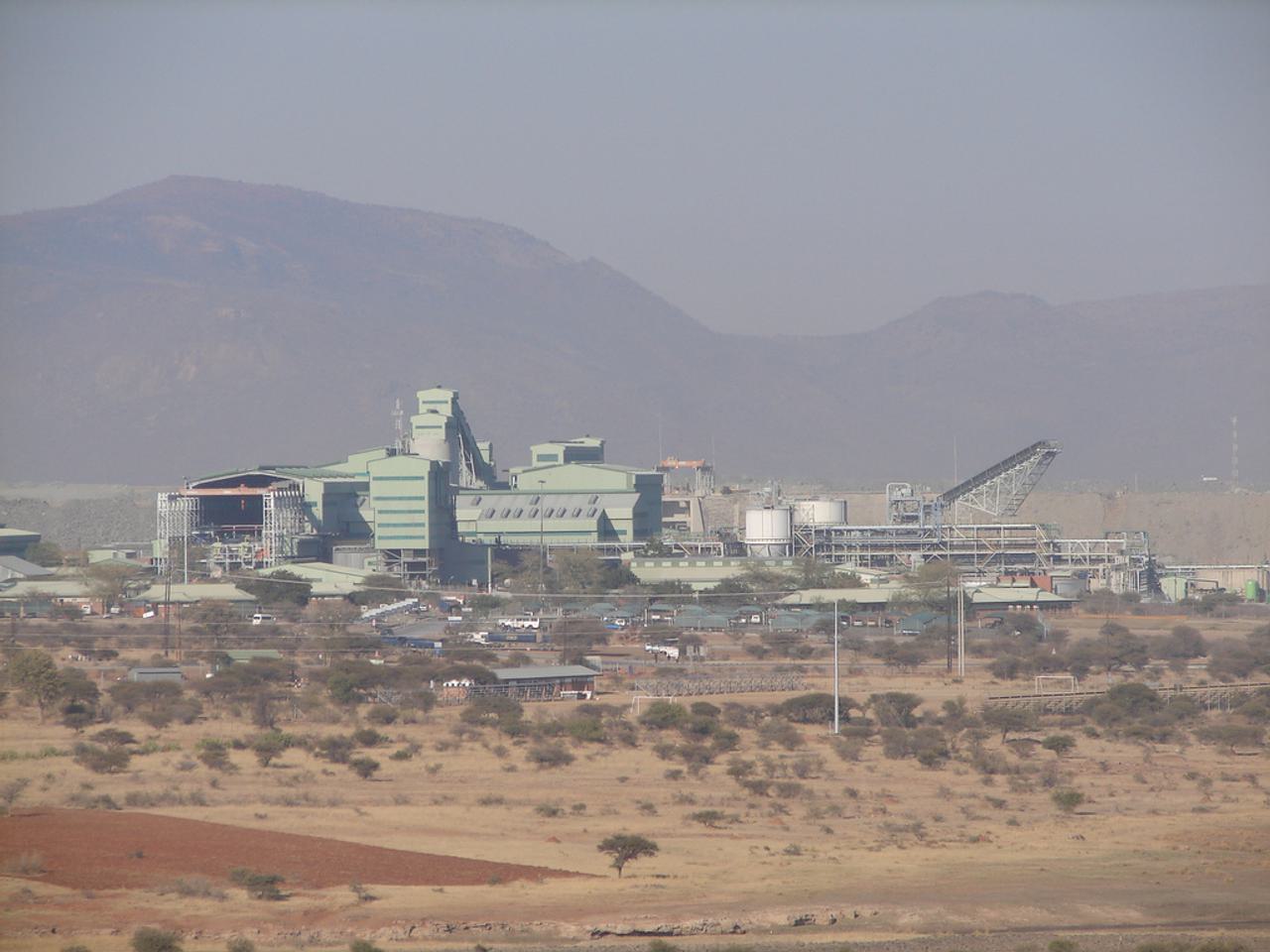
Analaysis: Alchemy on the London stock market
Digging up the dirt. Campaigners say mining industry is not paying enough tax.
The man from Del Monte is looking for gold on the London Stock Exchange.
It was reported yesterday that the South Africa tycoon, Vivian Imerman, who made a fortune selling a large stake in Del Monte, is planning to raise funds on London’s Alternative Investment Market. The money will be used to find a good investment, and he is particularly targeting mining and oil companies.
The new alchemists
Imerman is the latest in a long line of investors focused on the mining and oil industries seeking funds in London.
In the last six months, of the 54 companies that have floated in London across both the main and alternative markets nearly 40% have been from the oil or mining industries. There are 329 extractive companies on the London stock market worth more than £915bn, nearly two thirds of Britain’s GDP.
The new listings and heady share prices come as concerns are mounting about some of the practices deployed by mining industries.
Last week Global Witness, a campaign group monitoring the extractive sector, called on shareholders of commodity giant Glencore to demand more transparency around its dealings in the Democratic Republic of Congo (DRC). The charity is concerned that some significant contract and financial information in its DRC operations are hidden through offshore vehicles. Global Witness claimed the company should provide more detail on what it said were ‘secret and possibly corrupt’ deals.
Glencore has denied any wrongdoing.
The mining and oil and gas sectors of the stock market include 329 companies worth more than £915bn.
Taxing MPs
The issue of mining and taxes is one that is gaining traction. As many of the world’s minerals come from some of the poorest countries, these buried riches should be the path out of poverty. But this will only happen if those behind the new ‘gold rush’, fuelled by the developing world’s demand for commodities, act responsibily.
If countries are plundered disease, hunger, infant death- all will continue. But if companies exporting these resources pay appropriate taxes, then the countries where the mines are based should flourish.
Mindful of this opportunity, policymakers on both sides of the Atlantic are attempting to introduce new transparency measures for the extractive industry. In Brussels, a new directive forcing all quoted extractive companies located in Europe to disclose exactly how much tax they pay on every single project they operate could be law by the end of June. It is the subject of intense lobbying efforts from mining firms desperately trying to torpedo the agenda. And campaigners are concerned that the legislation is too limited.
In the US, a similar measure has already passed through the US Congress. But it is being controversially held up by the US Securities and Exchange Commission.
Developing countries lose an estimated $160bn each year through tax avoidance by multinational companies (including those based in the UK).
International Development Committee
It is a situation that is also taxing British MPs. The International Development Committee has just finished hearing evidence for its inquiry into tax in developing countries. The focus for the select committee has been on mining companies in Africa.
‘Developing countries lose an estimated $160bn each year through tax avoidance by multinational companies (including those based in the UK). Of particular concern are the extractive industries where payments to governments are often not disclosed and may not contribute to development or poverty reduction,’ says the committee.
Of course it is not simply a matter of multinationals paying their taxes, as the committee recognises. Governments must also be helped to use the revenue streams to build services and enhance their countries rather than lose them to corruption. But this is a two-sided coin, and London investors can do their bit.




